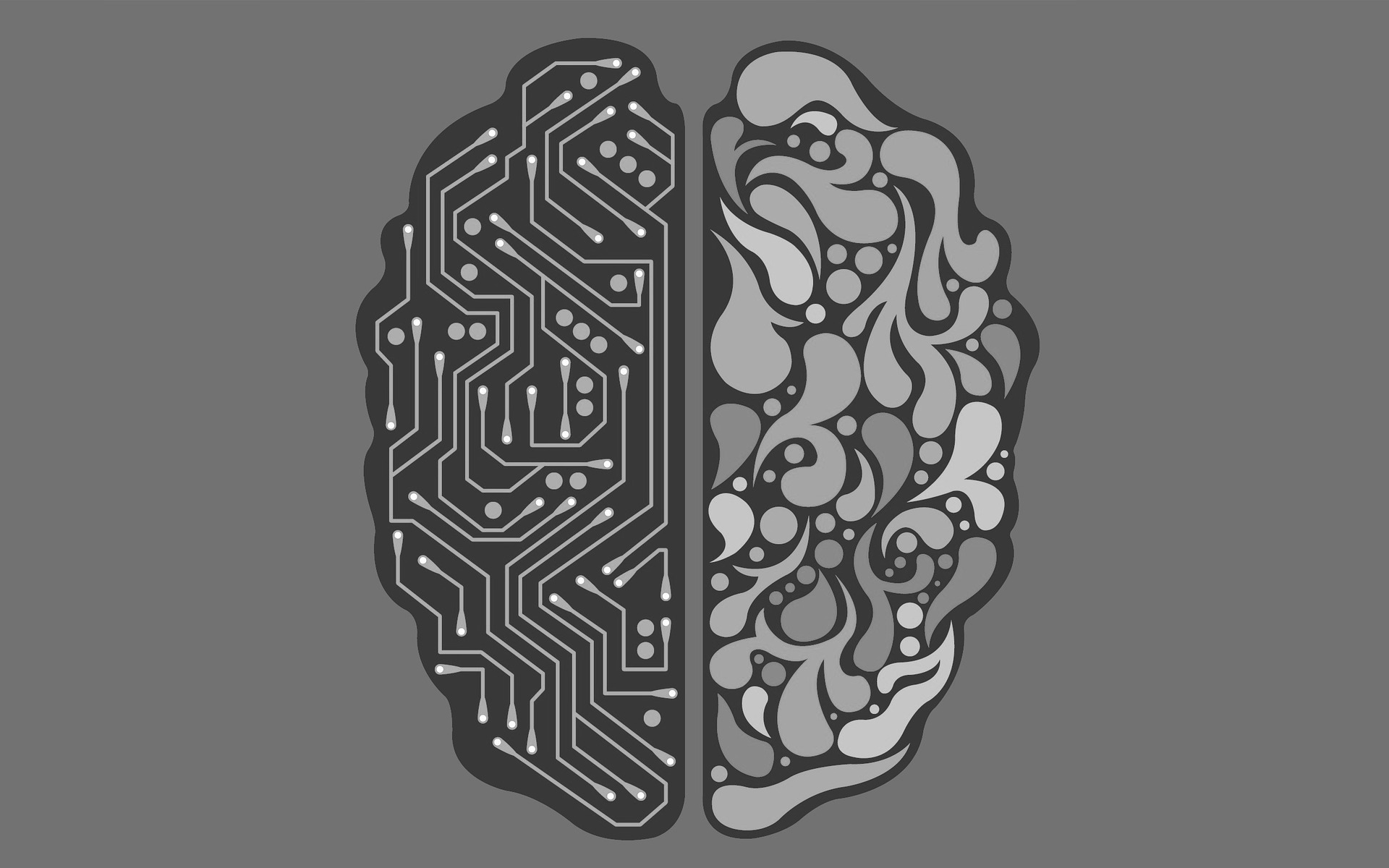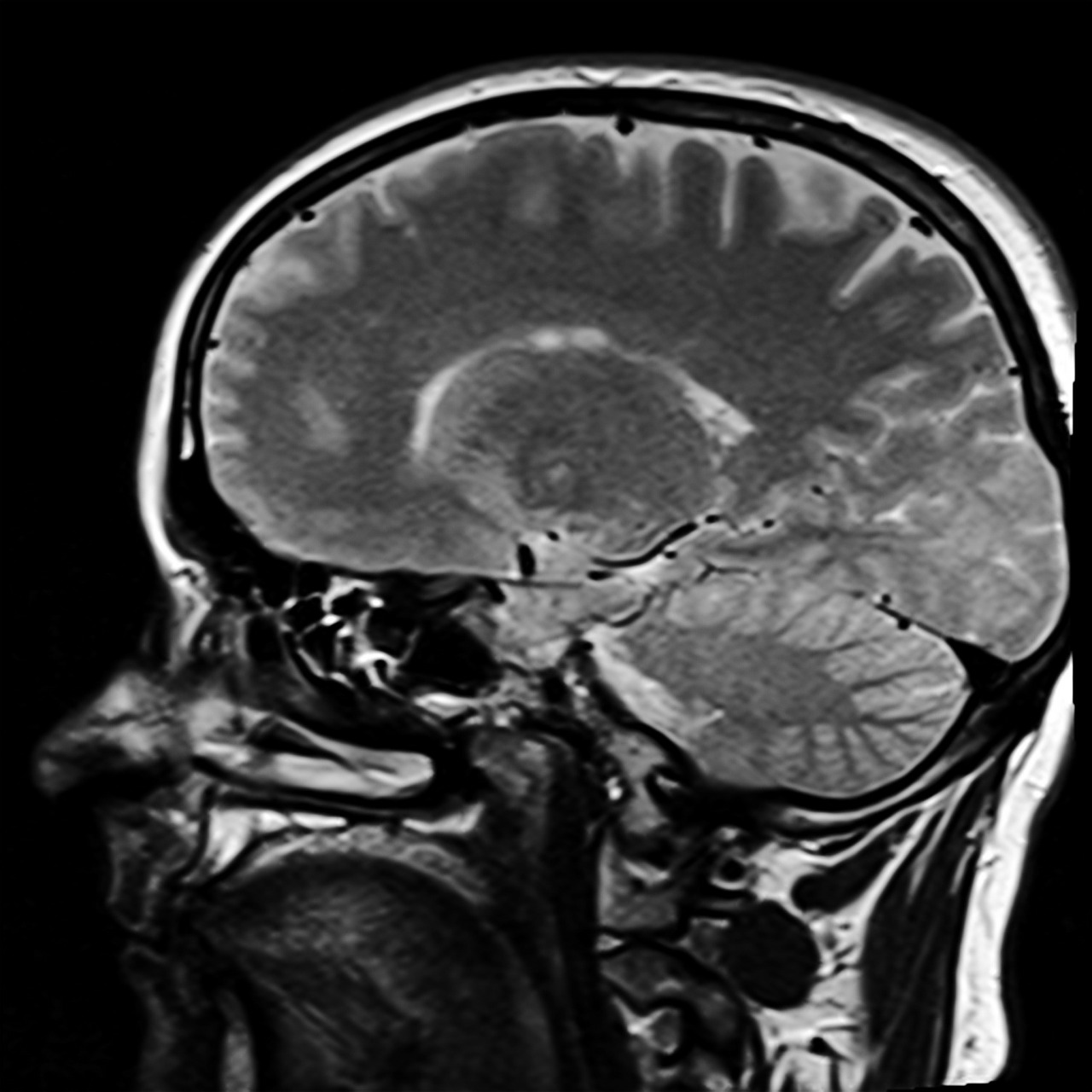-
Communicating the Value of Research: A Two-Way Street

Seven months ago I found myself seated across the table from a dear friend at a small restaurant in Eugene, Oregon, mere weeks from the start of my graduate career. Over dinner and a few drinks, we got to talking about the enormity of this undertaking, exploring all of the parts associated with finally going…
-
Graduate Program Interviews: Cognitive Psychology

So you applied to PhD programs in Psychology in the fall, with some kind of interest or focus in cognitive psychology – memory, attention, perception, thinking, learning, cognitive neuroscience, computational modeling of cognition, etc. Now interviews are coming up. Want to get the inside scoop on the interviewing/decision process? What questions to ask, what to…
-
Reinforcement vs Punishment: from Animal Training to Theology

Ever felt “positively punished” when your dog-trainer or psychologist inundate you with these lingo?
-
Celine Dion: “The Power of Love” or the Power of Dopamine?

Celine Dion I’m not sure about you, but when I hear Celine Dion belting out the last chorus of “My Heart Will Go On”, I seem to disconnect from reality and become totally immersed in a wave of emotion (one might even say that it’s a wave strong enough to sink a cruise ship). Although…
-
The Neuroscience of Meditation

In 1992, the Dalai Lama invited an up-and-coming neuroscientist, Richie Davidson, out to Dharamsala, India to discuss the future of neuroscience research.
-
Everything You Need to Know about RDoC: Answers to 5 Commonly Asked Questions

The Diagnostic and Statistical Manual of Mental Disorders (DSM), a frequently referenced manual of clinical diagnosis published by the American Psychiatric Association (APA), has been called the “Bible” for the field of clinical psychology. Consistent with its prominent role in diagnosis and treatment considerations, research on mental health has traditionally focused on the DSM’s classification…
-
Outreach Event: Brain Booths!

Psychology in Action’s Outreach Initiative teamed up with Interaxon, an interdepartmental undergraduate neuroscience educational outreach group at UCLA, to participate in two events with the Los Angeles community. To learn about future Interaxon events, please visit their web calendar. On Saturday, October 19th, 2013, Psychology in Action and Interaxon members hosted a “Brain Booth” at STEAM Nation in Culver…
-
Former Israeli Prime Minister’s Significant Brain Activity – How Do We Know?

Israeli scientists and UCLA’s Dr. Martin Monti recently found that former Prime Minister Ariel Sharon demonstrates significant brain activity. Seven years ago Sharon suffered two strokes. The second stroke caused him to lose most of his consciousness. Sharon is in a minimally conscious state, a little more aware than a coma or a persistent vegetative…
